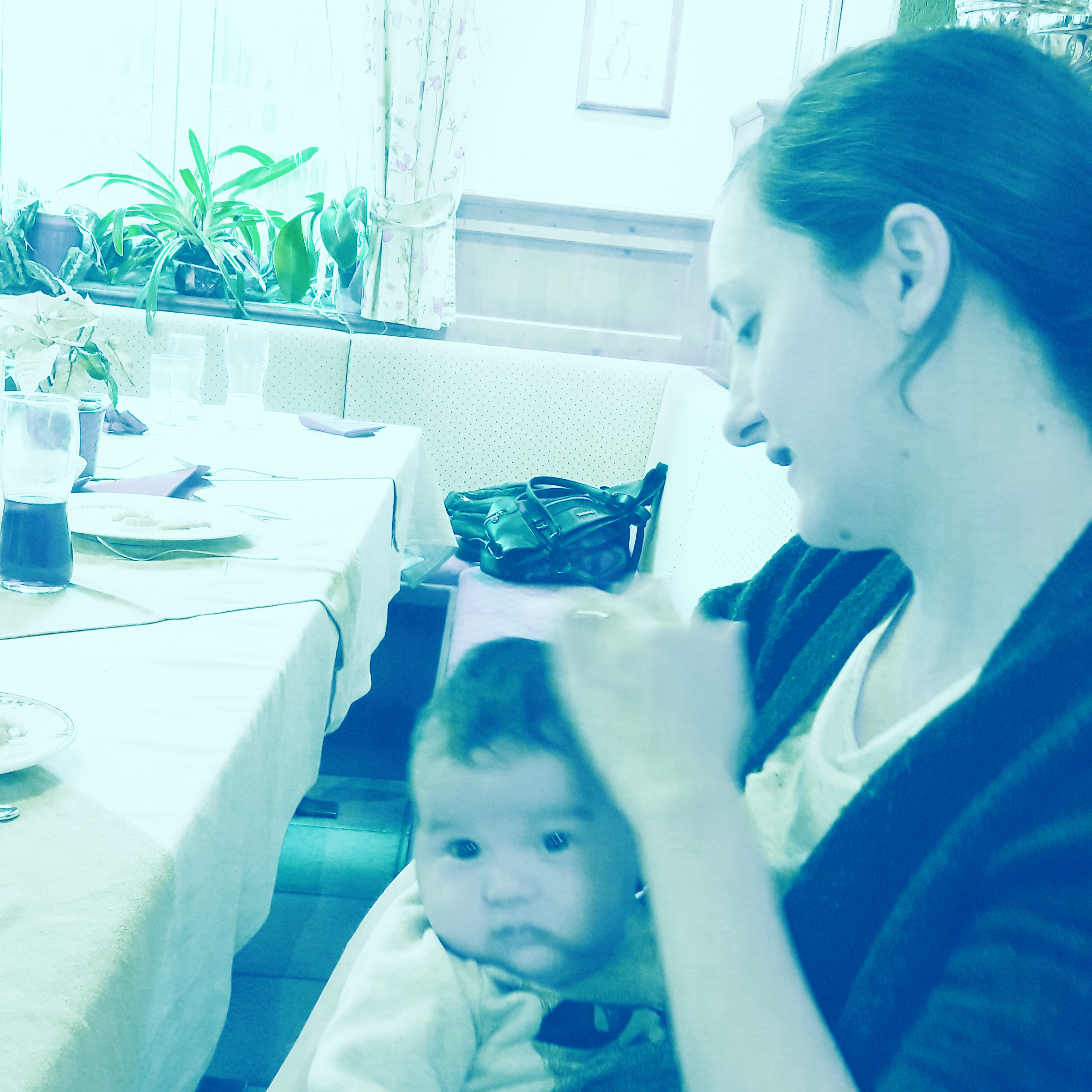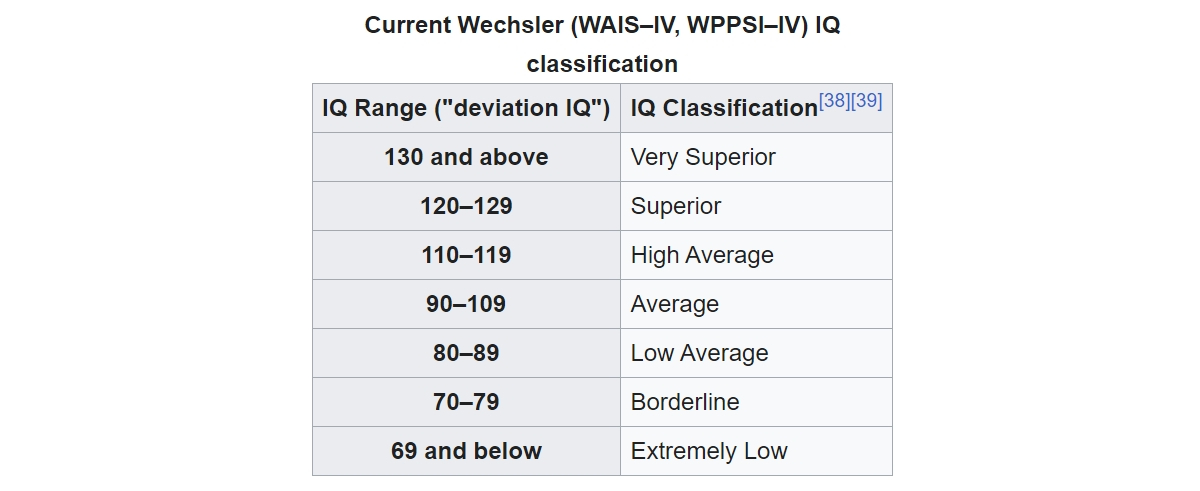articles
China Elevator Stories
Understanding Introversion: A Call for Acceptance
I have been bullied repeatedly for being an introvert.
25/12/2024

Ruth Silbermayr
Author
The first time a man bullied me because I am an introvert, I was shocked. Could it really be that, in this day and age, a man didn’t know what an introvert was and that this was not a sickness? When I asked him to stop bullying me for an inborn trait (and, quite honestly, to leave my life forever, since no one invited him into it), he became aggressive and tried to intimidate me so I would become more “extroverted.” Extroverts like him were social, lovely, accepted people who could make friends, while I was abnormal in his eyes.

I am not unable to make friends; I have had many friends throughout my life and appreciate all those who didn’t betray me. Those who did are not in my life anymore, such as my ex-husband’s lawyer—a member of the Austrian Freedom Party and a former friend of mine (we were friends until the day he turned against me)—who suggested in court that I had no right to my kids.
Whenever I want to be quiet and left alone, this particular person criticizes me and tries to change me.
In the book “The Superpowers of Introverts: How to Live Your Life Your Way – Without the Guilt” by Karen M. Caito CPC ELI-MP, she explains that introverts are often misunderstood, and I agree.
I have observed introversion and extroversion to be inborn traits that cannot be changed. My older son is an extrovert, and he was born this way. My younger son is an introvert and has been since birth. One situation where I could observe this difference was when I carried them in a sling—my older son wanted to look outward and watch everything going on, becoming restless if I turned him inward toward my body; my younger son wanted me to face him inward, enjoying the walk without looking outward. He felt calm and comfortable facing inward, not watching the external world, while my older son needed to see everything happening outside, even as a few weeks old.
Some mistakenly believe a talkative person is always an extrovert, which is not the case. Introverts can be talkative, but of course, not all are.
Even though I like to stay quiet at times, I can also be talkative when I find myself in company. Being talkative is not connected to extroversion—some introverts can be very talkative, leading others to mistake them for extroverts. In my experience, one personality type that generally talks a lot is a Type 1 (with the dominant element being ‘air,’ according to Carol Tuttle’s The Four Types), and this pertains to both extroverted and introverted Type 1s. Even though a Type 1 is talkative, they will still need time apart from people and loud surroundings if they are an introvert, like I am.
Because my dad was an introvert, others in my family are familiar with and understand what introversion is. I wasn’t bullied for being introverted by my family, and I had never experienced hate for being an introvert until I encountered one particular man, who has not only bullied me horrifically because of this personality trait but is also trying to destroy me. My introversion is accepted by most of my family members because it is who I am, and it is normal. I also have other family members who are quiet, enjoy spending time alone, and are introverts just like me. Others are extroverts, and I have learned to respect these differences and accept both as normal.
It is usually more common for extroverts to disrespect introversion than for introverts to disrespect extroversion. I have come across many extroverts who tried to change my introversion because they thought it was abnormal and not how a person is supposed to behave, or they will relentlessly bully the introvert because it is not how they behave as extroverts.
A person who goes on a rampage because you are an introvert and cannot deal with this personality trait he doesn’t share is, in my view, quite deranged.
Of course, as an introvert who knows many introverts, I believe this kind of behavior is extremely dumb! In my opinion, an extrovert who doesn’t understand introversion is not very intelligent and lacks insight into human nature, especially since most of us have gone to school or work and encountered many introverts in real life. Thus, they should not view this personality trait as either dangerous or uncommon. A person with normal self-esteem would not react like this. However, I have experienced one individual who is a malignant narcissist who cannot accept there are differences between people (as many narcissists do) and is unable to recognize that others think and behave differently from him. He believes they should change simply because he tries to coerce them to do so. This behavior reflects horrifically low self-esteem; only someone with very low self-esteem would be disturbed by what is a normal and common personality trait, rather than an abnormal one.

A person who doesn’t even understand that introversion is normal wouldn’t be considered very intelligent in my mind, even though he perceives himself as possessing superior intelligence (above 130). In my opinion, it would be below 69 (extremely low intelligence). (Wikipedia)
Have you ever been bullied because you’re an introvert?